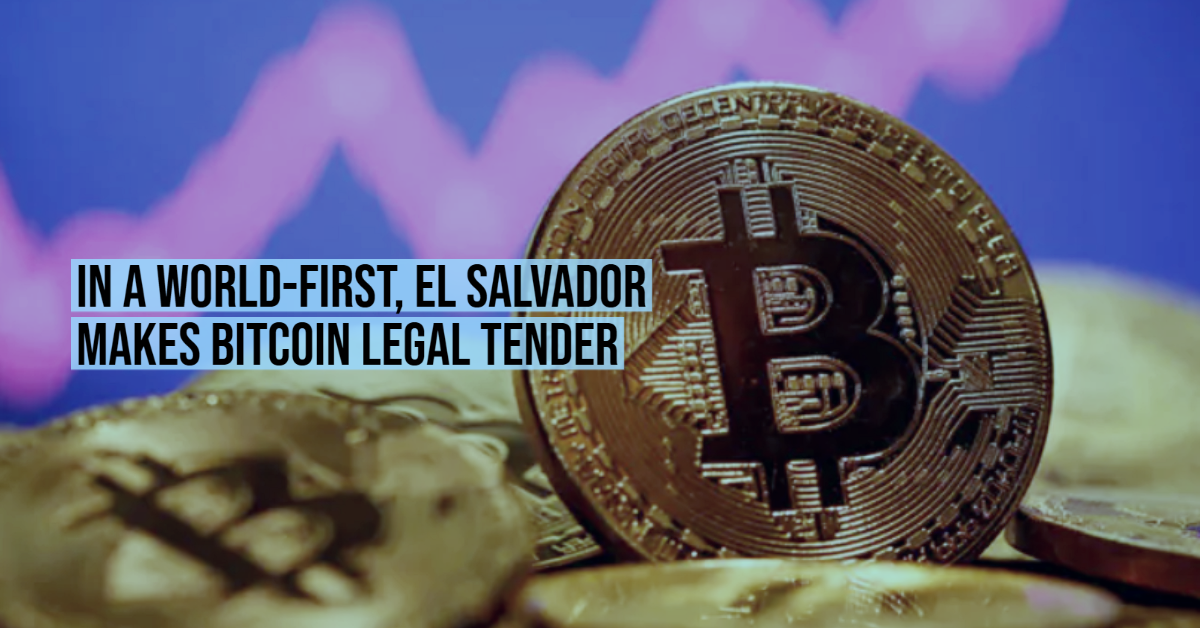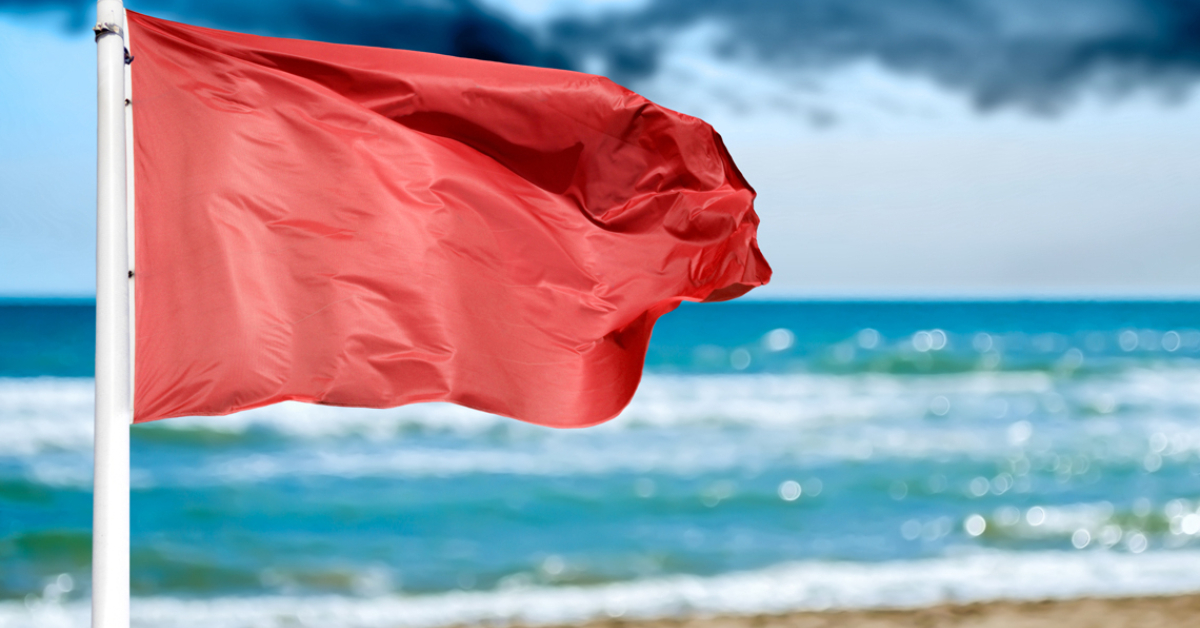El Salvador has become the first country in the world to adopt bitcoin as legal tender after Congress approved President Nayib Bukele's proposal to embrace the cryptocurrency.
With 62 out of 84 possible votes, lawmakers voted in favor of the move to create a law to adopt bitcoin, despite concern about the potential impact on El Salvador's program with the International Monetary Fund. read more
Bukele has touted the use of bitcoin for its potential to help Salvadorans living abroad to send remittances back home, while saying the U.S. dollar will also . . .






